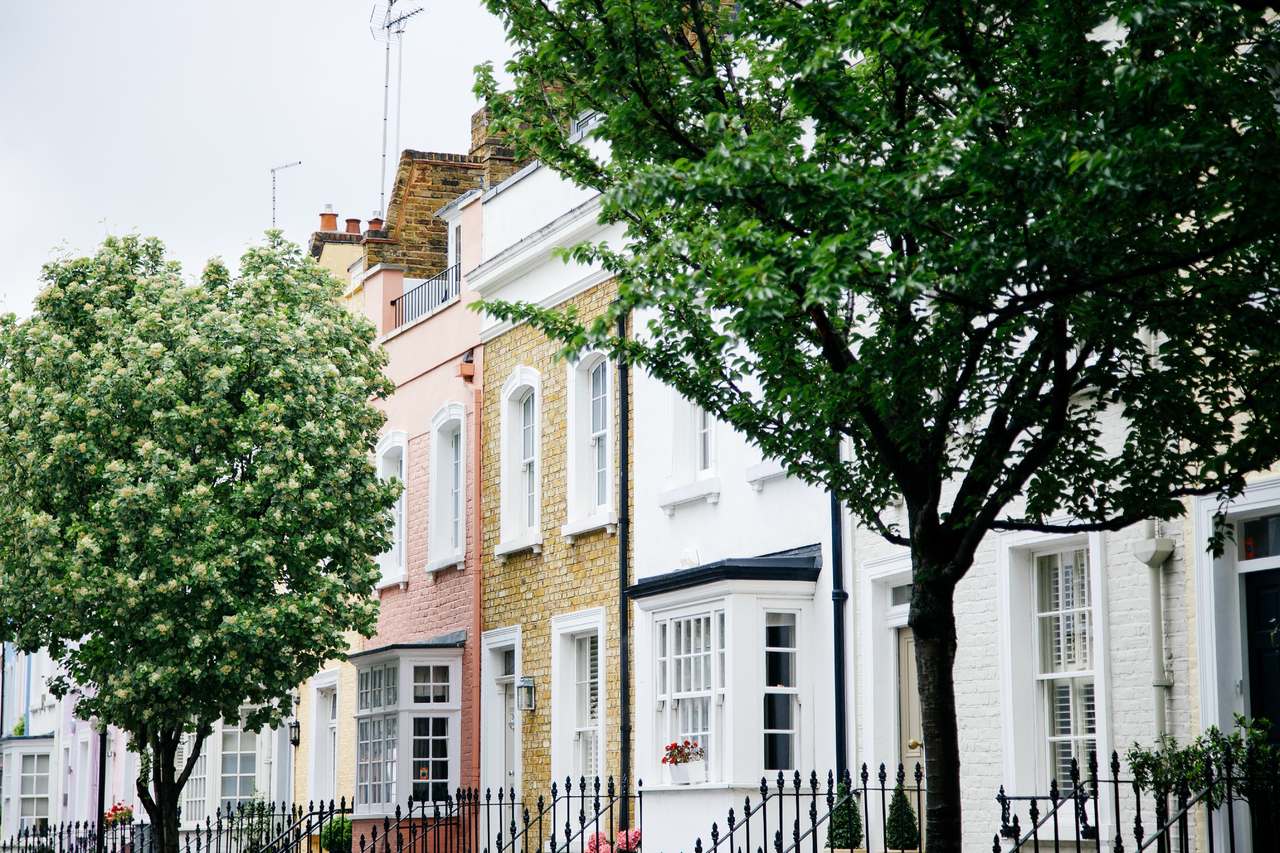The coronavirus pandemic has significantly impacted a lot of industries, including the real estate market.
Due to health concerns and the risks of contact with others, many people opt to stay at home and not do any transactions other than online ones.

Because of this, sellers and buyers alike are more critical when it comes to properties.
Recently, only a small population of buyers is looking to find a home in the market while the sellers are also only a few.
While professionals think this will change soon after the year ends, it’s improbable that the situation doesn’t change when you think about it now.
However, despite the extended downturn in spring, the summer somehow manages to have a spike in people looking to buy new homes.
However, this spike didn’t last long because the pandemic took an economic toll due to many people losing their jobs and the rising unemployment rate.
Because of this, people are speculating that the housing crisis back in 2008 will happen again, and it’ll be even more severe during the pandemic.
If you think about it, some factors are the same as the high unemployment rate, homeowners missing payments, and the lenders being stricter when it comes to their loans.
One of the most significant factors of change in the real estate market is the sudden spike in mass unemployment due to the pandemic.
With the unemployment rate rising, more and more people are unable to pay off their mortgages.
Even with the government’s assistance with their stimulus information and forbearance, a considerable percentage of homeowners are still missing their payments.
This impact is huge in the real estate market, given the fact that it started as early as May and is continuing nowadays, albeit a little less.
This resulted in many buyers and sellers leaving the market, making the housing inventory have little to no properties to invest in.
However, a shift of demand in buyers, especially those who live in the city, happened back in the summer, where people are looking to buy homes in rural areas.
As a result, the prices for properties outside of the cities increase and are in high demand.
Read Also:
Because of the sellers leaving the market, which made housing inventory more sparse, people are looking for rental homes, especially vacation homes, in the market.
This is because people are keen on avoiding a large population. Hence, they are looking for rental properties that they can live in for at least a few weeks.
This is excellent news for the vacation and real estate industry, especially for the former, because at the start of the pandemic, lesser and lesser people have to take a vacation outside the city.
With this, the loss they had in early May is currently being paid by the sudden spike in vacation homes, especially now that the holiday season is approaching.
If you have a vacation home yourself, you might as well take the initiative to rent it in the meantime, as rent for spaces is a very high marketable commodity these days.
Even though the coronavirus pandemic primarily causes the current recession in the real estate market.
its future is vague and unpredictable, to say the least, because of the sudden spike in mass unemployment and job losses.
Bleak as it may be, things are slowly starting to return to normal. The buying conditions are slightly improving, and professionals are expecting it to return fully by next year.
However, because of the current conditions, the demand has evolved.
This evolution has been the topic of many discussions nowadays because it changed the way people view as a commodity in houses.
One good example of this is that people don’t particularly care about the commute anymore since, because of the pandemic, they are forced to work in their homes.
Also, a considerable percentage of the population are shifting their interests from additional commodities.
like swimming pools or swim sets, to nearby community amenities like the public hospital and clinics.
These changes alone affect the market considerably because the meaning of “commodity” has changed abruptly.
Not only that, but technology is at the forefront of these changes.
Because of the government’s movement restrictions, open houses and visitations are not allowed at the moment.
Thus, sellers are doing virtual tours via live streams for their potential buyers.
Also, the documentation process has changed since most states right now have allowed signing virtually.
Because of this, the way sellers compute their net proceeds has been easier to manage.
Because of the unpredictability of the current situation, there’s no way to be confident whether these changes will stay or not.
However, many professionals are looking to put the current situation to their advantage by looking at the long term.
Housing is a long-term investment, and even if the preferences are changing in the current situation, its long-term effects are looking a little bit better.